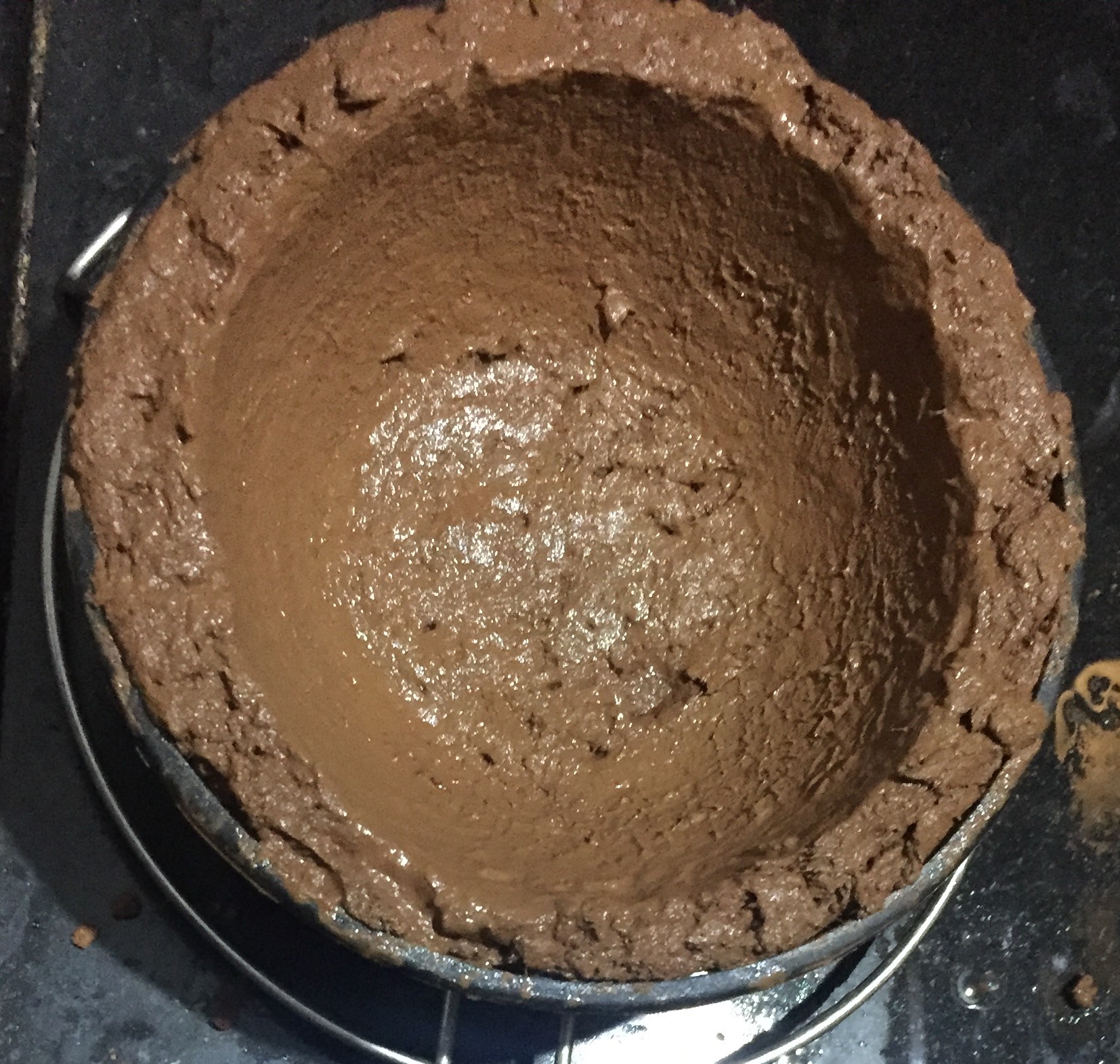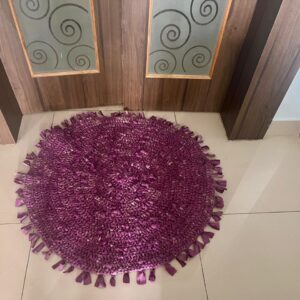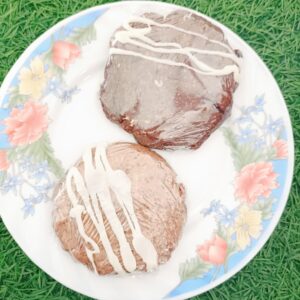BIO POTS – A sustainable solution of biodegradable pots made from Agricultural Waste ( groundnut shells, Coconut Coir ) that decompose in 30 days.
The use of plastics in agriculture represents a growing threat to the environment. Horticultural practices, as well as the growing of plants for landscape, generate great amounts of plastic waste from transplanting pots that are rarely recycled. Nevertheless, there are only a few works that deal with biodegradable planting pot preparation and characterization. Planting pots based on biodegradable materials remove the necessity to transplant and hence, discard a container.
Planting pots made from agricultural waste, can be buried directly into the soil altogether with the plant and eventually the container will decompose.
Also, the use of diverse types of solid residues, such as wood fiber, coconut fiber or coir, rice hull, manure, peat, soil wrap, and straw, in the production chain of novel sustainable products could contribute to the development of modern agriculture. The main thing to consider is that it is necessary to offer rapid biodegradation of planting biopots in soil to avoid their accumulation and root circling while increasing biopots water use efficiency when raising plants.
Every year in our school Delhi Public School , Miyapur we participate in plantation drives and cleanliness drives. We are encouraged to plant a tree. These seedlings are planted around the school and are usually grown in plastic bags. While digging the soil to plant a sapling we observed that the sapling is found in a plastic bag. To our surprise all the saplings were brought in plastic bags.
Knowing the demerits of using plastic bags we started thinking about eco-friendly pots which would be a sustainable solution to raise the seedlings. After a few months of research, when we visited my home town we could see a lot of biodegradable waste such as coconut shells, ground nut shells, coconut coir, Cocoa pods,etc in our fields in Tanuku and Tadepalligudem.
we managed to make a prototype of the planter by procuring shells and coir.. Grounded them in a mixer at home, added water to make it into a pulp and molded it onto a water bottle to form the shape of a cup.“But our first attempt was unsuccessful as the planter was too fragile. With the help of my mentor we then placed the pulp in the dried cocoa pod. “Once, the planter was sturdy enough, we added some soil and planted a sapling into it. We buried it underground and monitored it regularly to determine how long it would take to disintegrate,” at it took less than 30 days.
“Usually, the ground nut shells are rich in phosphorus and calcium, and cocoa is rich in potassium and fiber. The coir acts as a binding material, hence they add nutritional value to the plant.





Reviews
There are no reviews yet.